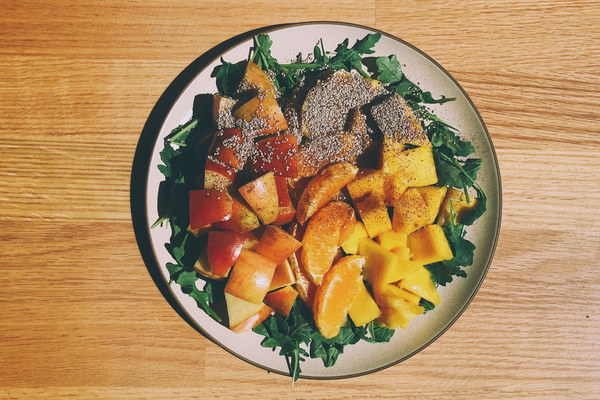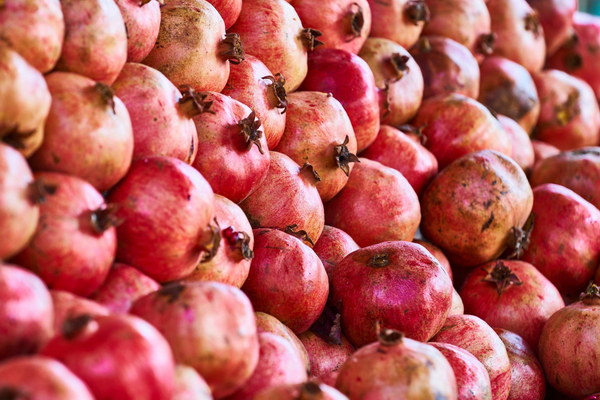Winter is the Best Time for Winter Nutrition and Health Care A Comprehensive Guide
As the cold winter months approach, the air turns crisp, and the days become shorter. This is the perfect time to focus on winter nutrition and health care. Winter is the season when the body needs extra care and nourishment to stay warm and healthy. In this article, we will explore the importance of winter nutrition, the best foods to eat during the cold season, and the benefits of adopting a winter care routine.
The Importance of Winter Nutrition
Winter brings a host of challenges to the human body. The cold weather can weaken the immune system, make us more susceptible to colds and flu, and lead to a decrease in energy levels. This is where winter nutrition comes into play. By incorporating the right foods and nutrients into your diet, you can boost your immune system, keep your energy levels up, and maintain overall health and well-being.
Best Foods to Eat in Winter
1. Vitamin C-rich foods: Vitamin C is a powerful antioxidant that helps protect the body against infections. Citrus fruits, berries, and leafy greens are all excellent sources of vitamin C.
2. Root vegetables: Root vegetables, such as carrots, beets, and sweet potatoes, are rich in beta-carotene, which the body converts into vitamin A. Vitamin A is essential for maintaining healthy skin and a strong immune system.
3. Nuts and seeds: Nuts and seeds, such as almonds, walnuts, flaxseeds, and chia seeds, are packed with healthy fats, protein, and essential nutrients that can help keep you warm and energized during the cold months.
4. Ginger and turmeric: These spices have anti-inflammatory properties that can help ease the symptoms of colds and flu. Adding ginger and turmeric to your meals can also boost your immune system and improve digestion.

5. Green tea: Green tea is a great way to stay hydrated and boost your metabolism. It is also rich in antioxidants and can help reduce stress levels.
Benefits of a Winter Care Routine
In addition to focusing on your diet, adopting a winter care routine can further enhance your health and well-being. Here are some tips to help you stay healthy this winter:
1. Stay hydrated: Drinking plenty of water is essential, even when the weather is cold. To keep your skin hydrated and your immune system strong, drink at least eight glasses of water a day.
2. Get enough sleep: Sleep is crucial for the body's recovery and repair. Aim for 7-9 hours of sleep each night to keep your immune system functioning at its best.
3. Exercise regularly: While it's tempting to hibernate during the winter, regular exercise is essential to maintain your health and energy levels. Try activities like yoga, swimming, or brisk walking.
4. Dress warmly: Dress in layers to keep warm and protect yourself from the cold. Don't forget to cover your hands, feet, and head, as these areas are most susceptible to losing body heat.
5. Practice stress management: Stress can weaken the immune system, making you more susceptible to colds and flu. Find ways to manage stress, such as meditation, deep breathing exercises, or spending time with loved ones.
Conclusion
Winter nutrition and health care are essential to maintaining your well-being during the cold months. By incorporating the right foods and adopting a winter care routine, you can boost your immune system, stay warm and energized, and enjoy the beauty of the winter season. So, embrace the cold and make the most of the winter nutrition and health care tips in this article to keep your body healthy and happy all season long.









